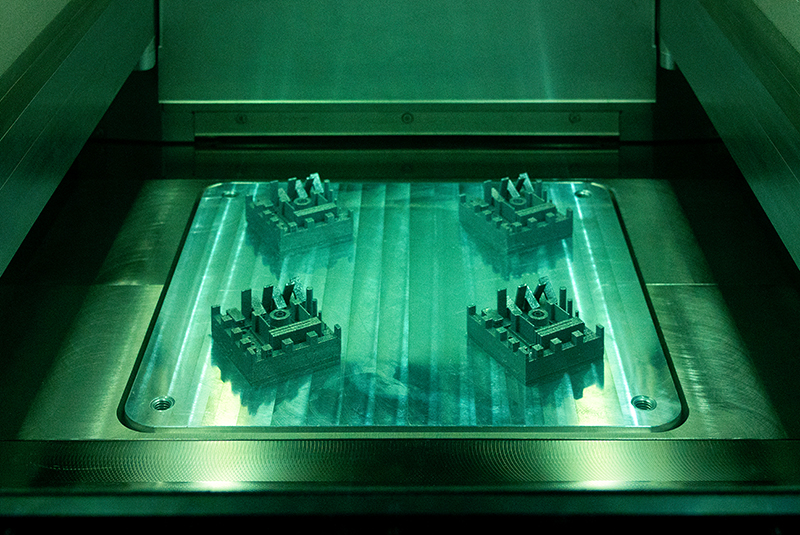Additive manufacturing, also known as 3D printing, is playing an increasingly important role in the modern production landscape. By building up material layer by layer, components with unique properties are created that could not be realized using conventional manufacturing processes. The Federal Institute for Materials Research and Testing (BAM) has made significant progress in this dynamic field: The publication of reference data for additively manufactured materials made of titanium, nickel and stainless steel.
This reference data is of particular importance to ensure the quality and safety of components in 3D printing. Such data is particularly indispensable in industries such as aerospace and medical technology, where high demands are placed on the materials. Additive manufacturing leads to unique microstructures in the components, which in turn influence their mechanical, thermal and chemical properties.
“In order to minimize potential risks and ensure the quality of 3D-printed components, reliable reference data is essential,” says Prof. Birgit Skrotzki, materials scientist at BAM. “Our reference data on the elastic properties of additively manufactured metals is an important contribution that not only ensures the quality and safety of these components, but also enables innovations in material development.”
The BAM team, led by Dr. Birgit Rehmer and Prof. Skrotzki, used the Dynamic Resonance Method (DRM) to characterize the metal alloys. This showed that the elastic properties of the 3D-printed components vary depending on the construction direction and the removal direction of the samples. This directional dependency has a significant impact on the application in specific areas such as turbine blades.
The data obtained provides valuable information on manufacturing processes, heat treatments, grain size and other relevant aspects. This data is accessible via the Zenodo open data platform and supports designers, testing laboratories and researchers in the evaluation, quality testing and improvement of simulations of additively manufactured materials.
In addition to providing this data, BAM is also involved in further training and is currently holding a digital lecture series on methods for quality assurance in the additive manufacturing of metallic components. The BAM Academy is offering insights into the various aspects of additive manufacturing until December 7. Interested parties can register and participate free of charge on the BAM Akademie website.
Subscribe to our Newsletter
3DPresso is a weekly newsletter that links to the most exciting global stories from the 3D printing and additive manufacturing industry.





















